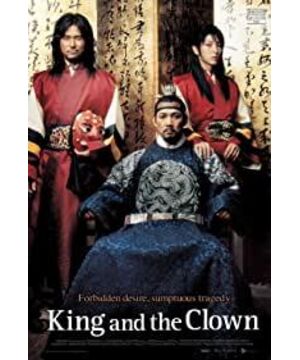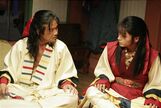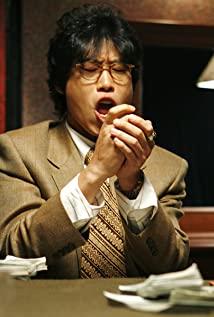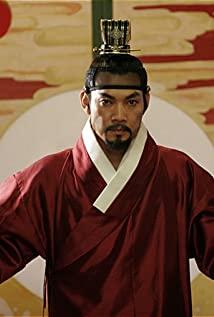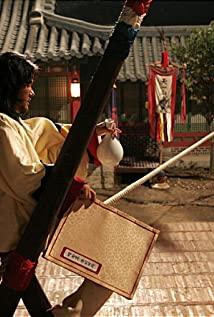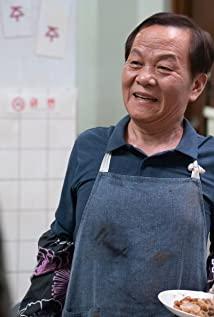The character "Cheng Dieyi" in "Farewell My Concubine" has been cut off - I am not a man - molested by her father-in-law. The three paragraphs have a clear psychological process, from a male identity to a female identity, so for The change of its gender identity, Chen Kaige gave a considerable description, but "The King's Man" only gave the character "Kong Ji" the female identity at the beginning of the film, and did not give the character enough psychological in the play. Characterized support. Therefore, after watching the movie, Li Junji's hard-working performance always makes people feel superficial, and the lack of fullness of characters has a lot to do with the lack of heavy script. In addition, the themes of the movies are not the same. "Farewell My Concubine" focuses on Cheng Dieyi's persistent pursuit of artistic life, the huge gap between ideal and reality, and the humble fate of characters in the long history. "The King's Man" only uses clown vaudeville as a medium to show the deceit and danger in the court. At the end, Kong Ji Changsheng said that his desire to be a clown in his next life is not his unremitting yearning for this art form, but for this kind of art. A clowning attitude to life and a desire for a way of life. Therefore, compared to the "Farewell My Concubine" with heavy historical traces, "The King's Man" can only be called a qualified Korean costume drama.
As a result, a wrong positioning will inevitably lead to subjective bias in viewing. If we put aside the premise of "Farewell My Concubine" and base itself on "The King's Man", we will find that the main body of the film is not "Kong Ji" but "King". The English title of the film is "King and the clown" ", in the middle is the opposition of two collective abstract nouns, "Wang" and "Joker", as far as this movie is concerned, there is only one Wang, and the Joker is at least two people, Changsheng and Kong Ji. However, in reality, the three important characters in the film are all clowns incarnate, Changsheng is portrayed as a male clown, Kong Ji is portrayed as a female clown, and Wang is an impure clown. Wang discovered himself from these clowns. No matter in history, in reality, or in his tragic past, he was nothing but a clown. However, under the distortion of the supreme power as a king, Wang stubbornly accepted the clown's behavior. At the same time, the identity distorts the identity of the clown. He discards the essence of the clown's self-reflection and reality, but uses this joking way to treat those who deny himself, and uses cruelty to cover up his cowardice. Wang's fascination with Kong Ji lies more in the inner projection of Kong Ji's clown identity to himself. Simply put, he needs someone who can empathize with him. A strong Oedipus complex has been projected onto Kong Ji. Kong Ji is not actually a pure clown incarnation. He has too many women's graces, so he did not choose to leave the palace not because he was unwilling, but because of his compassion for the king. However, I think the most successful portrayal in the whole film is the role of "Longevity", which is brave and open-minded, self-deprecating, and plays with life, which truly embodies the spirit of the clown.
Go to my blog: http://spaces.msn.com/sprint16
View more about The King and the Clown reviews


